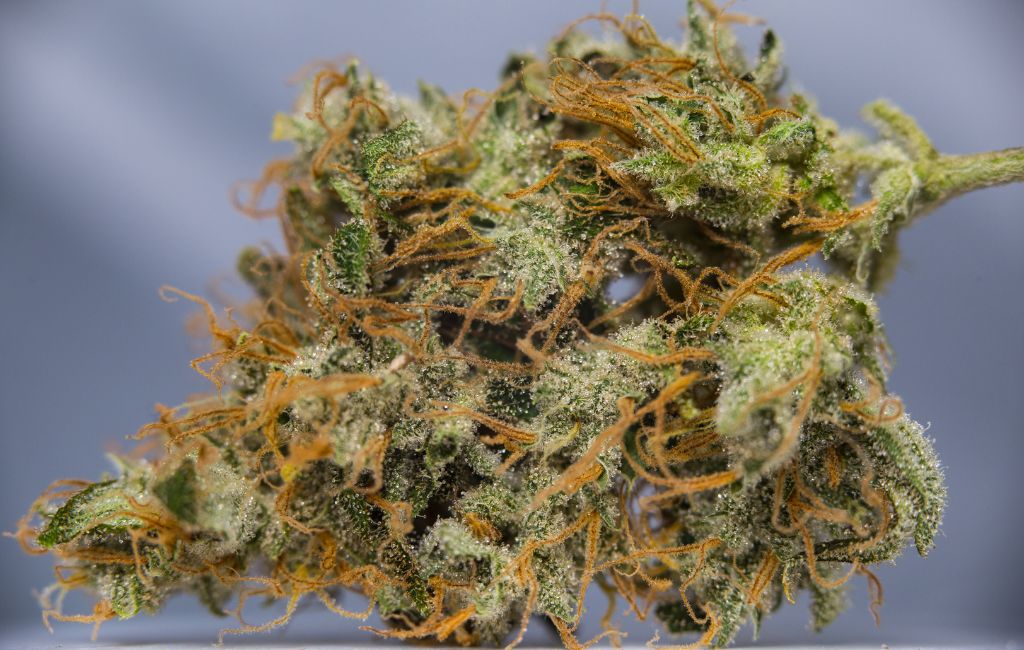THCa Flower: Healing Potential

THCa Flower: Natural Healing Potential
THCa, or tetrahydrocannabinolic acid, is a non-psychoactive cannabinoid found in raw and live cannabis. Unlike THC, THCa does not produce a high, making it an attractive option for those seeking the therapeutic benefits of cannabis without the psychoactive effects. This article explores the natural healing potential of THCa flower, supported by research, examples, and case studies.
Understanding THCa
THCa is the acidic precursor to THC. When cannabis is heated through smoking, vaping, or cooking, THCa undergoes decarboxylation, converting into THC. In its raw form, THCa offers a range of potential health benefits without the intoxicating effects associated with THC.
Potential Health Benefits
Research suggests that THCa may offer several therapeutic benefits:
- Anti-inflammatory Properties: Studies indicate that THCa may help reduce inflammation, making it a potential treatment for conditions like arthritis and inflammatory bowel disease.
- Neuroprotective Effects: Preliminary research suggests that THCa may have neuroprotective properties, which could be beneficial for neurodegenerative diseases such as Alzheimer’s and Parkinson’s.
- Anti-emetic Benefits: THCa has shown promise in reducing nausea and vomiting, which could be helpful for patients undergoing chemotherapy or those with chronic gastrointestinal issues.
- Antioxidant Properties: THCa may act as an antioxidant, helping to protect cells from damage caused by free radicals.
Case Studies and Research
Several case studies and research projects have highlighted the potential benefits of THCa:
Case Study: Arthritis Relief
A 2017 case study published in the Journal of Pain Research examined the effects of THCa on a patient with severe arthritis. The patient reported significant pain relief and improved mobility after using THCa-rich cannabis. This case study suggests that THCa may be a viable option for managing arthritis symptoms.
Research on Neuroprotective Effects
A 2012 study conducted by the University of British Columbia explored the neuroprotective effects of THCa. The researchers found that THCa helped protect brain cells from oxidative stress, which is a contributing factor in neurodegenerative diseases. These findings indicate that THCa could play a role in preventing or slowing the progression of conditions like Alzheimer’s and Parkinson’s.
Anti-emetic Properties in Chemotherapy Patients
A 2013 study published in the British Journal of Pharmacology investigated the anti-emetic properties of THCa in chemotherapy patients. The study found that THCa significantly reduced nausea and vomiting in patients undergoing chemotherapy, suggesting that THCa could be an effective treatment for these debilitating side effects.
How to Use THCa Flower
There are several ways to incorporate THCa flower into your wellness routine:
- Juicing: One of the most popular methods is juicing raw cannabis leaves and flowers. This preserves the THCa content and allows for easy consumption.
- Tinctures: THCa tinctures can be made by soaking raw cannabis in alcohol or another solvent. These tinctures can be taken sublingually for quick absorption.
- Topicals: THCa-infused topicals can be applied directly to the skin to target localized pain and inflammation.
- Capsules: THCa capsules offer a convenient way to consume a precise dose of THCa without the need for preparation.
Legal Considerations
The legal status of THCa varies by region. In some areas, THCa is considered legal because it is non-psychoactive. However, in other regions, any form of cannabis, including THCa, may be restricted. It is important to research the laws in your area before purchasing or using THCa products.
Conclusion
THCa flower offers a range of potential health benefits, from reducing inflammation and protecting brain cells to alleviating nausea and acting as an antioxidant. While more research is needed to fully understand its therapeutic potential, existing studies and case reports suggest that THCa could be a valuable addition to natural healing practices. Whether through juicing, tinctures, topicals, or capsules, there are various ways to incorporate THCa into your wellness routine. Always consider the legal status of THCa in your area before use.